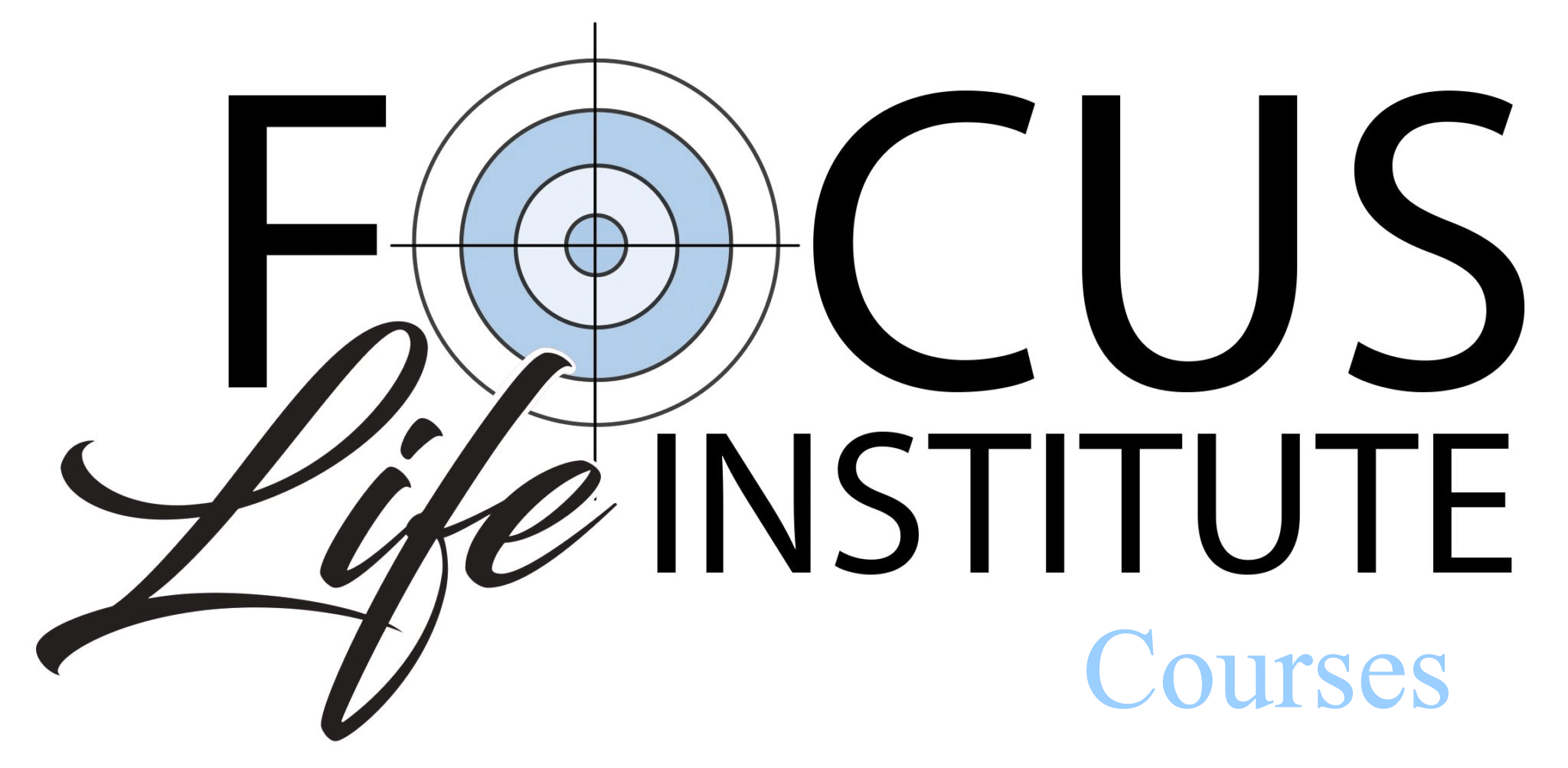FOCUS on…Motivation: Discover Your Motivational Learning Style! Quiz below!

Motivation truly interests me. It’s everywhere – how do I motivate my children? My spouse? My co-workers? My volunteers? Myself? Some are motivated by time. They want to accomplish their task list so they can earn free time to do as they please. Some are motivated by rewards such as money, diplomas, certificates, incentives. Others are motivated by interest and dive head into what sparks their curiosity coupled with a challenge. While everyone’s motivations are different, the end goal is the same: finish well and complete what’s before us!
What if you were able to understand more about what motivates you? For the past couple of years, I’ve been studying two books that have inspired me to learn more about how myself and others are motivated. These resources are structured for your children but are applicable to most anyone. The Way They Learn and Every Child Can Succeed by Cynthia Ulrich Tobias are valuable assets for parents, teachers and life-long learners! She describes 4 learning styles that generally line up with our DISC behavioral profile found in our courses.
Take this short quiz to determine where you fall in these behaviors first before reading more about them below:
MY MOTIVATIONAL LEARNING STYLE QUIZ


What were your results?
- If you chose mostly a: You are a D behavior style/Concrete Random learning style.
- If you chose mostly b: You are an I behavior style/Abstract Random learning style.
- If you chose mostly c: You are a S behavior style/Concrete Sequential learning style.
- If you chose mostly d: You are a C behavior style/Abstract Sequential learning style.
For a brief recap, here’s a chart of the 4 main behaviors:
| DISC Behavior | Learning Style | Motivational Description |
| D (Dominant, Leader) | Concrete Random | Boredom is my greatest enemy How much is really necessary I’ve got a great idea |
| I (Influencer, People-Oriented) | Abstract Random | All for one and one for all Why can’t we all just get along Let’s make sure everyone is happy |
| S (Stable, Secure) | Concrete Sequential | Gotta have a plan Say what you mean Do it by the book |
| C (Compliant, Detailed) | Abstract Sequential | Let me think about it Don’t rush me How do I know this is the best way |
Unique and Individualized
Please note that every individual is different and while each person may align with a certain behavior or learning style, they may not forever remain in those categories, or they are not only able to operate in one mode. At Focus Life Institute, we have resources in our courses that provide you with a behavioral profile to determine your top-scoring styles, and we explain how they work together. Every individual is complex and unique, and these observations of motivation reveal that.
As we learn more about ourselves, it’s easier to work through problems and responsibilities. For example, I am mostly a S behavior style/Concrete Sequential learning style. When I read over what motivates me, it’s a true description of how I prefer to tackle my objectives each day. I prefer a checklist, tangible rewards, manageable tasks to complete the big picture, and examples to refer to while working. My husband is a C behavior style/Abstract Sequential learning style. He likes to research everything thoroughly to ensure quality of the finished product, cherishes the time needed to complete the job, and doesn’t need anyone else involved or their emotions on the subject. Because we understand these motivational indicators, it is a lot easier to communicate with one another while working together. I know that I cannot be giving him any cheerleading or “atta boy” comments; they mean nothing to him. He knows to be sure I have the step by step and detailed directions for my part of things.
Less Arguing, More Working Together
Sometimes, it doesn’t always go as smoothly as you plan, even after being married for about 15 years! The other day I was working on some video footage for a project for a website that we were completing together. When I gave him my finished product, he was incredulous that I used too many still shots. He wanted more video footage and less pictures. Here was our conversation:
Him: Why did you use so many still shots for this background video? (Sigh)
Me: Well, you never really said how many photos vs. videos to use. I thought we were utilizing pan and zoom to make the pictures look more like a video?
Him: Well, I wanted more videos because that looks better on a website. The background should be good.
Me: How do I know what’s good? I haven’t been looking at any examples to determine what you would consider good.
Him: Good is easy to spot when you start researching and thinking about how it will look with the big picture. There is a standard of what is quality to watch. (Says the man who works with camera shots every week and has done so for the past 10 years).
Me: Okay, I’ll go back and add more videos so it can look good. 😊
I was certainly laughing by the end of that conversation! As a C/Abstract Sequential, he is more prone to perceive and create standards to determine and create is good. Meanwhile, as a S/Concrete Sequential, I need examples and already determined standards to use when I go to re-create something. We both have different strengths, and I’m glad that we can complement each other in these moments of learning and growing in knowing ourselves and each other while expanding our skill sets. Instead of getting into an argument, we are able to use our knowledge of behavior and motivation to help each other get to the end result.
I find that learning about these motivations with behavioral styles and learning styles has helped me work so much better with others. When I recognize the behavior and learning style, I can better serve the others I’m interacting with, serving under and leading. I hope that this information does the same for you as a teacher, leader, parent, co-worker, or friend! Study yourself and learn how you can grow, flourish, and change for the best!
Want more?
Now…to learn more about yourself, please take our FREE 25 minute profile called Your Unique Assessment to discover how you learn, grow and understand others and the world around you. Email address is required to participate to acquire the code to take Your Unique Assessment: https://courses.focuslifeinstitute.com/courses/your-unique-assessment/
Also, be sure to delve deeper into your behavior and the DISC style by purchasing our foundational course How To Acquire Skills for Life: https://courses.focuslifeinstitute.com/how-to-acquire-skills-for-life/ and contact us for more information at [email protected].
~Theresa Burnworth, Focus Life Institute Curriculum Director
Note: I created the quiz from the book Every Child Can Succeed by Cynthia Ulrich Tobias







Responses